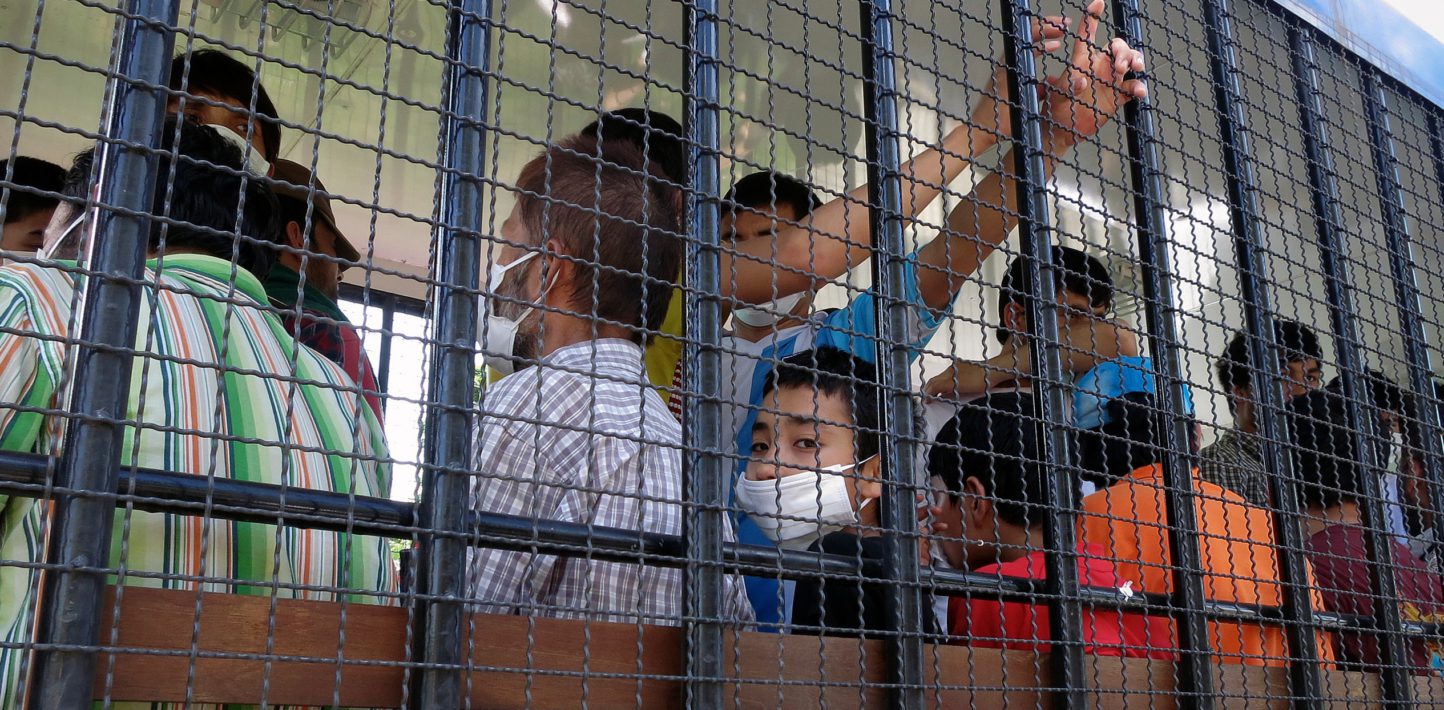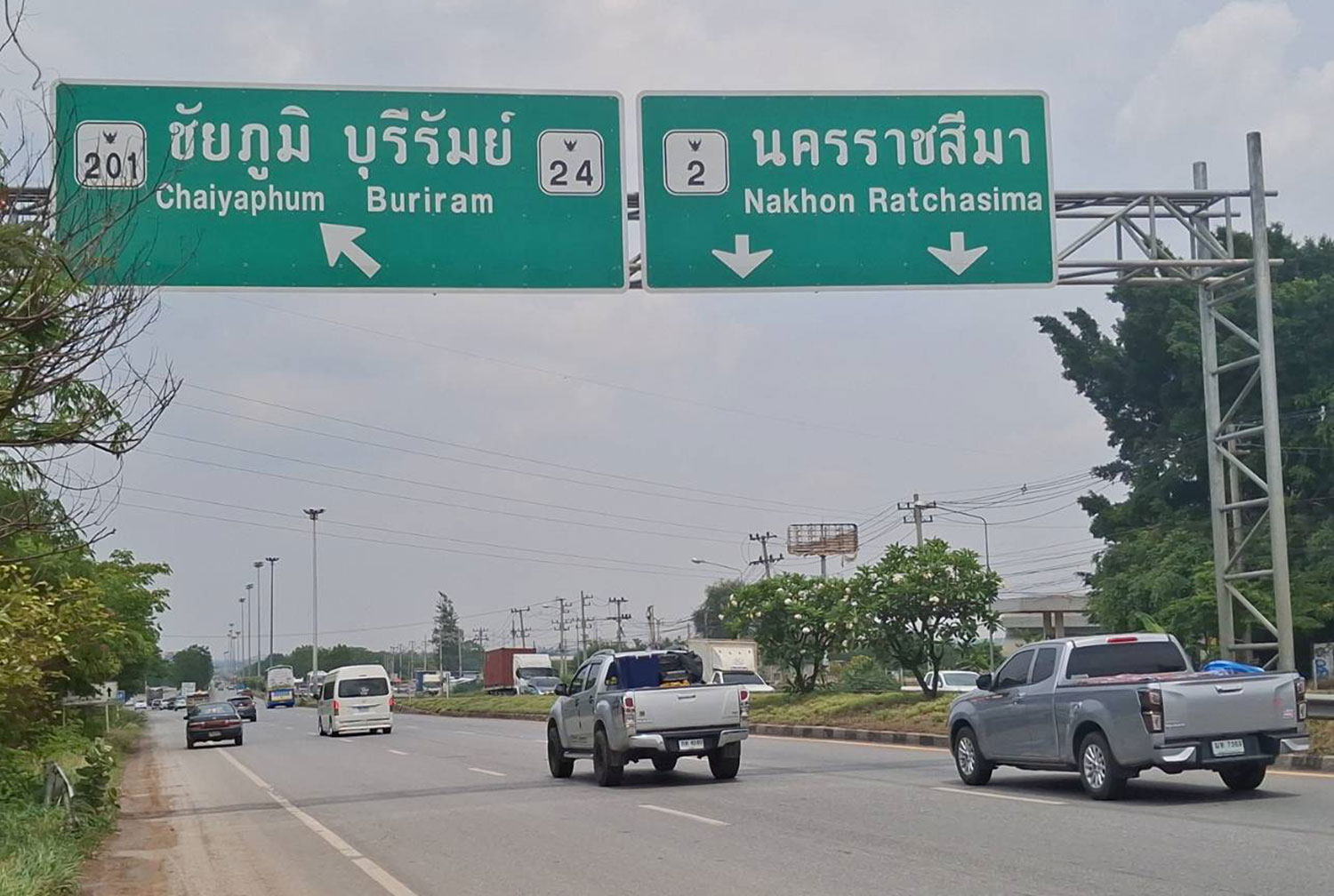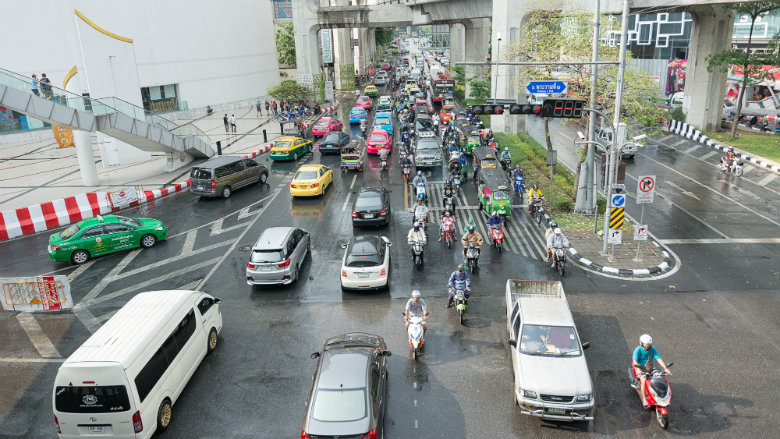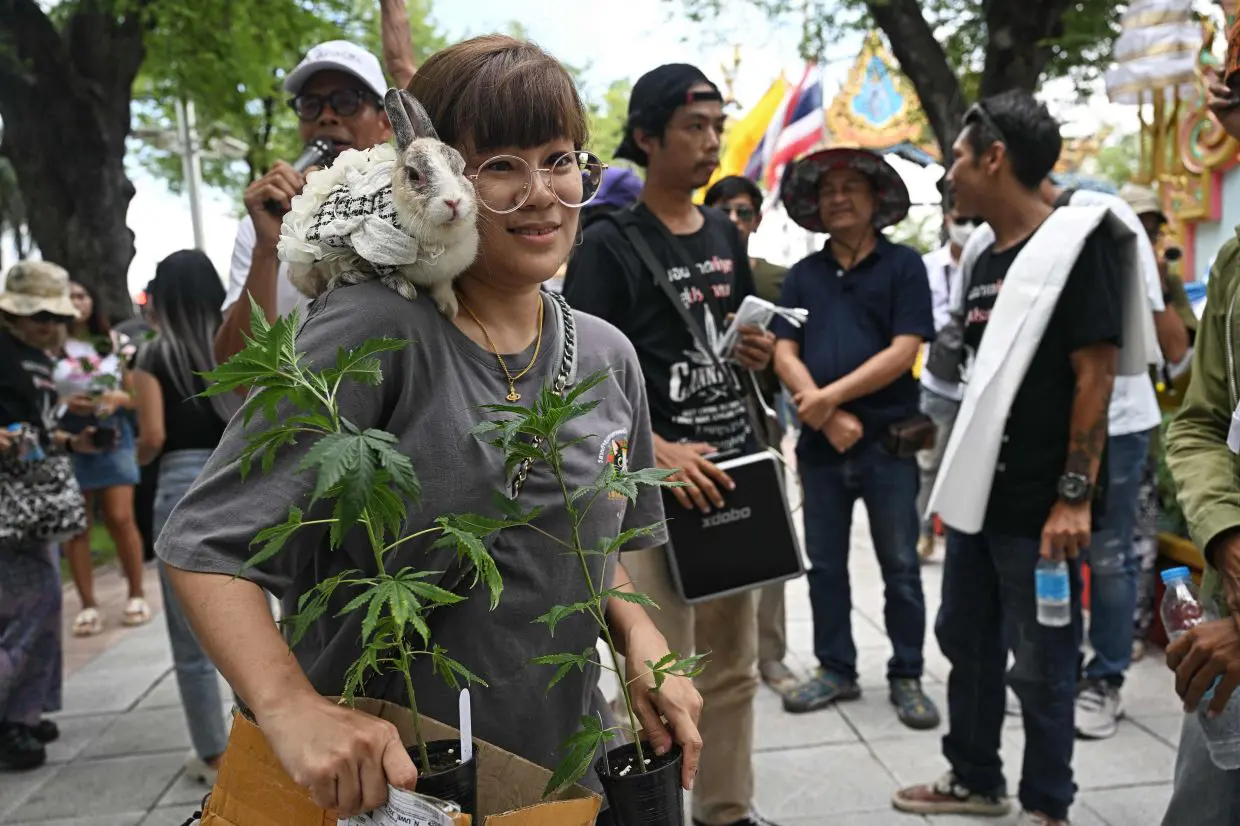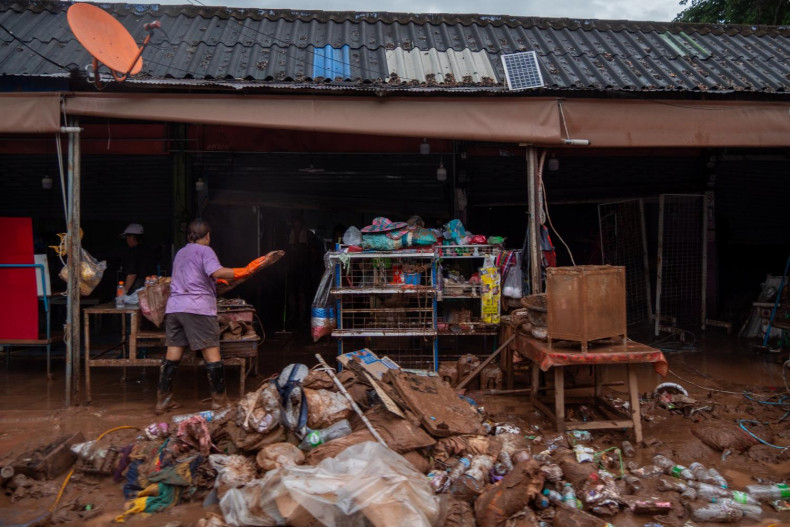Introduction to the New Regulation
Addressing Overcrowding in Thai Prisons
Thailand has introduced a regulation allowing certain inmates to serve their sentences outside prison facilities. This measure aims to alleviate chronic overcrowding, as the current prison population exceeds the system’s capacity by nearly 60,000 inmates.
Legal Framework and Implementation
The regulation aligns with Sections 33 and 34 of the 2017 Corrections Act, which permits alternative detention facilities such as hospitals for sick prisoners. These facilities are intended to support rehabilitation and career training without offering undue convenience to inmates.
Eligibility Criteria for Alternative Detention
Who Qualifies for External Detention?
The guidelines specify that inmates eligible for alternative detention may include individuals who are seriously ill, pregnant, over 70 years old, or those assessed as low-risk for reoffending. However, the regulation does not outline specific sentencing requirements.
Decision-Making Process
Each prison will evaluate inmates’ behavior and suitability for external detention. A committee will conduct risk assessments before approving transfers to alternative facilities.
Transparency Concerns and Political Implications
Allegations of Favoritism
Critics have raised concerns that the regulation might benefit high-profile figures like former prime ministers Yingluck Shinawatra and Thaksin Shinawatra. Justice Minister Tawee Sodsong has denied these claims, emphasizing that the regulation was not designed for any specific individual.
Calls for Clarity
Political figures like Jurin Laksanawisit have demanded transparency in implementing the regulation to avoid perceptions of preferential treatment for convicts with political connections.
International Standards and Public Feedback
Compliance with Global Norms
Officials assert that the regulation adheres to international standards adopted by many countries to manage overcrowded prisons effectively. Despite skepticism, the initiative is seen as a progressive step in prison reform.
Public Consultation Process
The regulation is undergoing public hearings, with feedback influencing potential amendments before finalization. If significant opposition arises, further revisions may be required.
High-Profile Cases and Speculation
Thaksin Shinawatra’s Recent Parole
Thaksin Shinawatra recently benefited from similar measures due to his age and health conditions, sparking speculation about whether Yingluck might follow suit upon returning to Thailand. However, officials insist that procedural steps must be adhered to without favoritism.
Yingluck Shinawatra’s Potential Return
Rumors suggest Yingluck could return under this regulation, but her sentence length would still require her to serve time in prison initially. Officials have clarified that eligibility criteria remain under review and subject to public feedback.
Balancing Reform and Accountability
A Step Toward Prison Reform
Thailand’s new detention rules represent a significant effort to address overcrowding while providing humane alternatives for eligible inmates.
Ensuring Fairness and Transparency
Authorities must ensure transparency in implementing these measures to maintain public trust and avoid political controversies surrounding high-profile cases.
